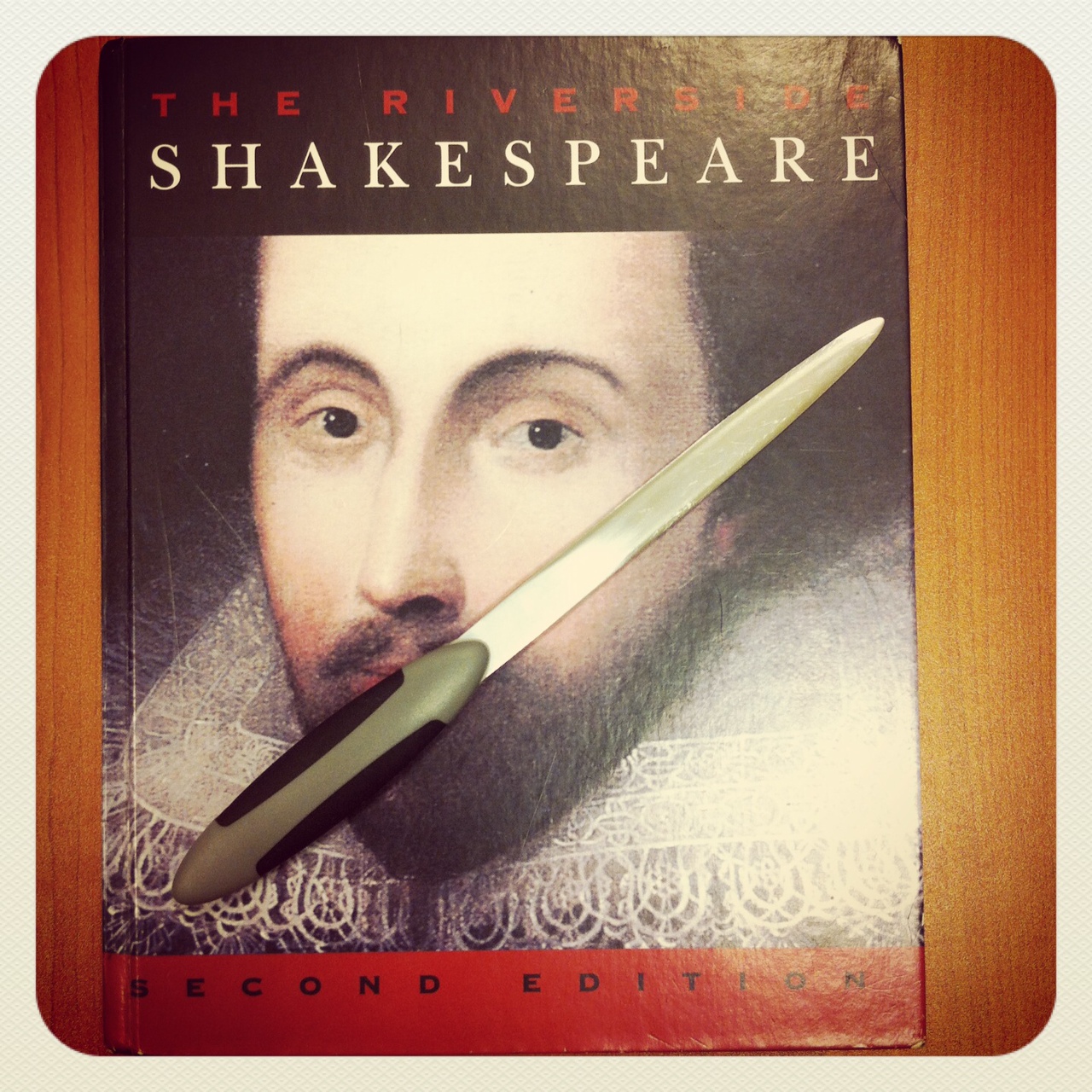The Institute of English Studies is the administrative home of two learned Societies: the Bibliographical Society, and the Malone Society. The research interests of the Societies are closely aligned to the interests of the Institute—book history, collecting, and research (Bibliographical Society) and scholarly and textual editing (Malone Society). Many fellows at the Institute are members of one, or both, Societies.
 The Bibliographical Society was founded in 1892, and its list of members and past presidents is a who’s-who of bibliographical scholarship: W.W. Greg, F.P. Wilson, and D.F. McKenzie, to name but a few. Its quarterly journal The Library is published by Oxford University Press, and the Society (more or less) annually publishes a monograph—this year members received Christopher Cook’s Incunabula in the Westminster Abbey and Westminster School Libraries. The Society also organizes a series of lectures throughout the year, as well as a summer visit to a library or collection of particular interest.
The Bibliographical Society was founded in 1892, and its list of members and past presidents is a who’s-who of bibliographical scholarship: W.W. Greg, F.P. Wilson, and D.F. McKenzie, to name but a few. Its quarterly journal The Library is published by Oxford University Press, and the Society (more or less) annually publishes a monograph—this year members received Christopher Cook’s Incunabula in the Westminster Abbey and Westminster School Libraries. The Society also organizes a series of lectures throughout the year, as well as a summer visit to a library or collection of particular interest.
The slightly younger (though not much—it was founded in 1906) Malone Society was established through the offices of A.W. Pollard at University College London. The Society was formed ‘for the purpose of producing accurate copies of the best editions of early plays’. (The alignment between the Institute of English Studies and the Malone Society is best seen in the Complete Works of John Ford project, directed by IES Senior Research Fellow Professor Sir Brian Vickers, and in the work of Senior Research Fellows Sandra Clark and Richard Proudfoot.) Every year the Malone Society publishes a (gorgeous) reprint of an early modern text—this year’s offering is Two Lamentable Tragedies.
Because the Institute provides administrative services for the Societies, every year around December/January, subscription cheques pour in. Though each Society now accepts subscriptions through bank transfer and (finally!) PayPal, several hundred members still choose to pay by cheque. I have developed many skills in this job—co-ordinating schedules, dealing with (the occasional) recalcitrant member, balancing an accounts sheet (I studied English literature for a reason), etc. One skill I did not expect to develop was the sleek and subtle handling of a (dull, admittedly) blade of steel:
Not a dagger, folks–just a letter opener.


